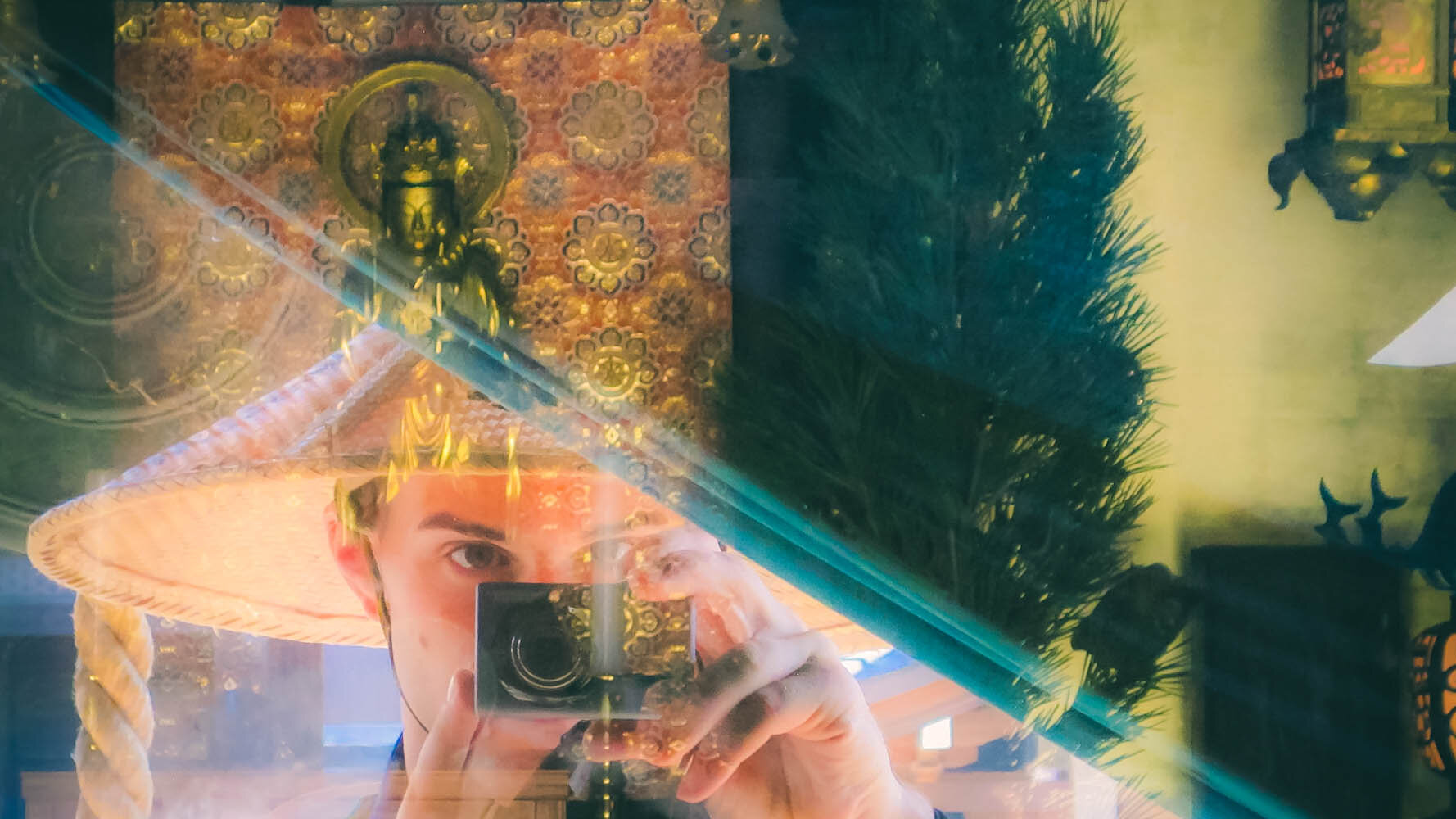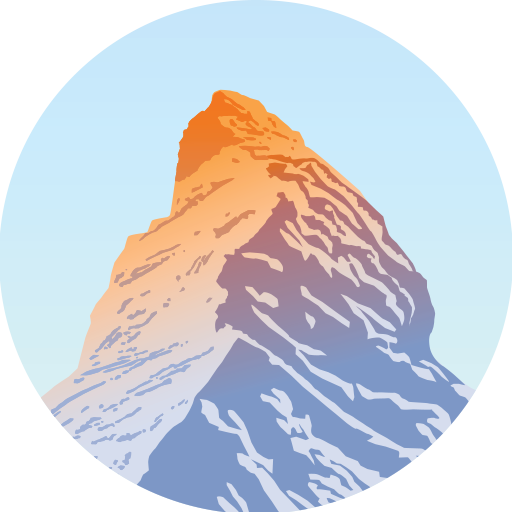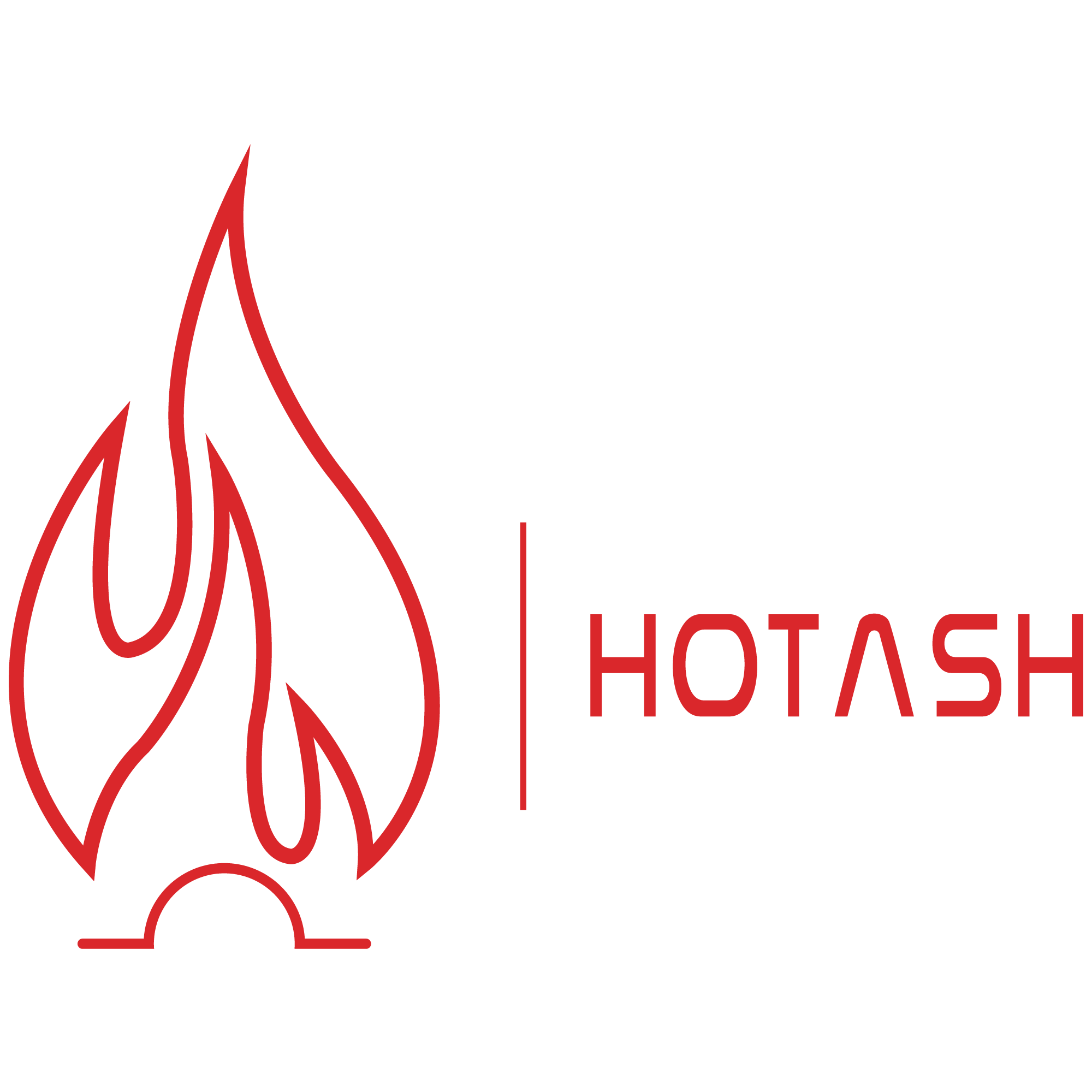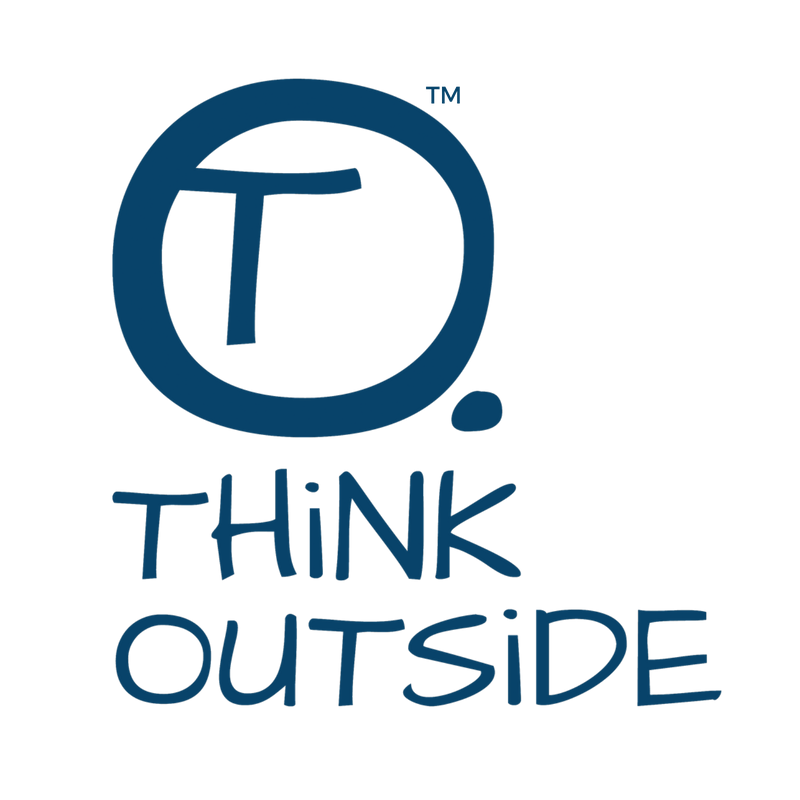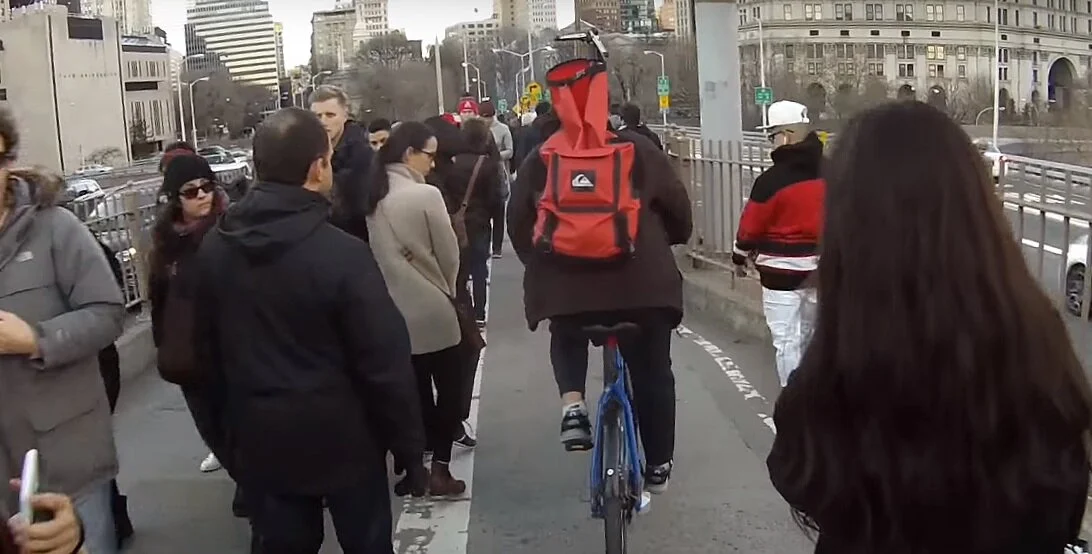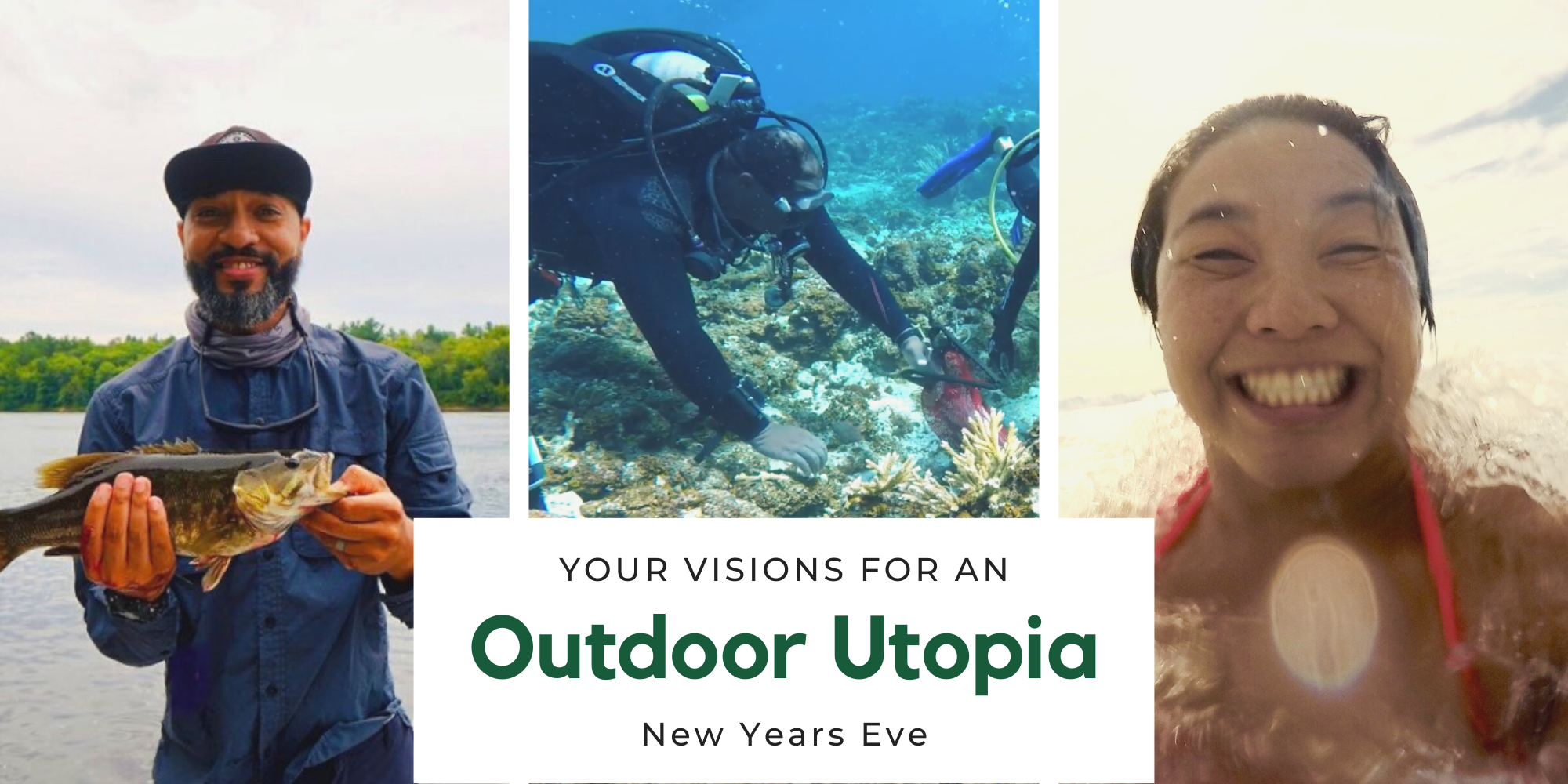Don't Take 'No' for an Answer
/How a bike wreck redefined my relationship with perseverance
The mountains near Willow Belden’s home in Wyoming, where she treated herself to a weekday of playtime after recovering from a concussion (Photo by Willow Belden)
“I knew I could be dogged about achieving things I HAD to do. But being just as dogged in the name of playtime was new for me.”
My mother always told me I shouldn’t take “no” for an answer. If you don’t get what you want, she said, try again. Keep asking. Stick to your guns.
Growing up, I took that advice to heart: whatever the task at hand, I pushed forward with dogged determination.
But in 2018, a traumatic accident left me suddenly powerless to complete even the simplest of tasks. In the aftermath of that experience, my outlook on what it means to back down was turned on its head, and I started standing up for myself in a new way.
This story first aired in 2019. Special thanks to Becky Jensen for script editing.
Subscribe to Out There on Apple Podcasts, Spotify, Stitcher, or wherever you stream podcasts.
THIS EPISODE SPONSORED BY
Qalo
For 20% off your Qalo order, go to qalo.com/outthere.












